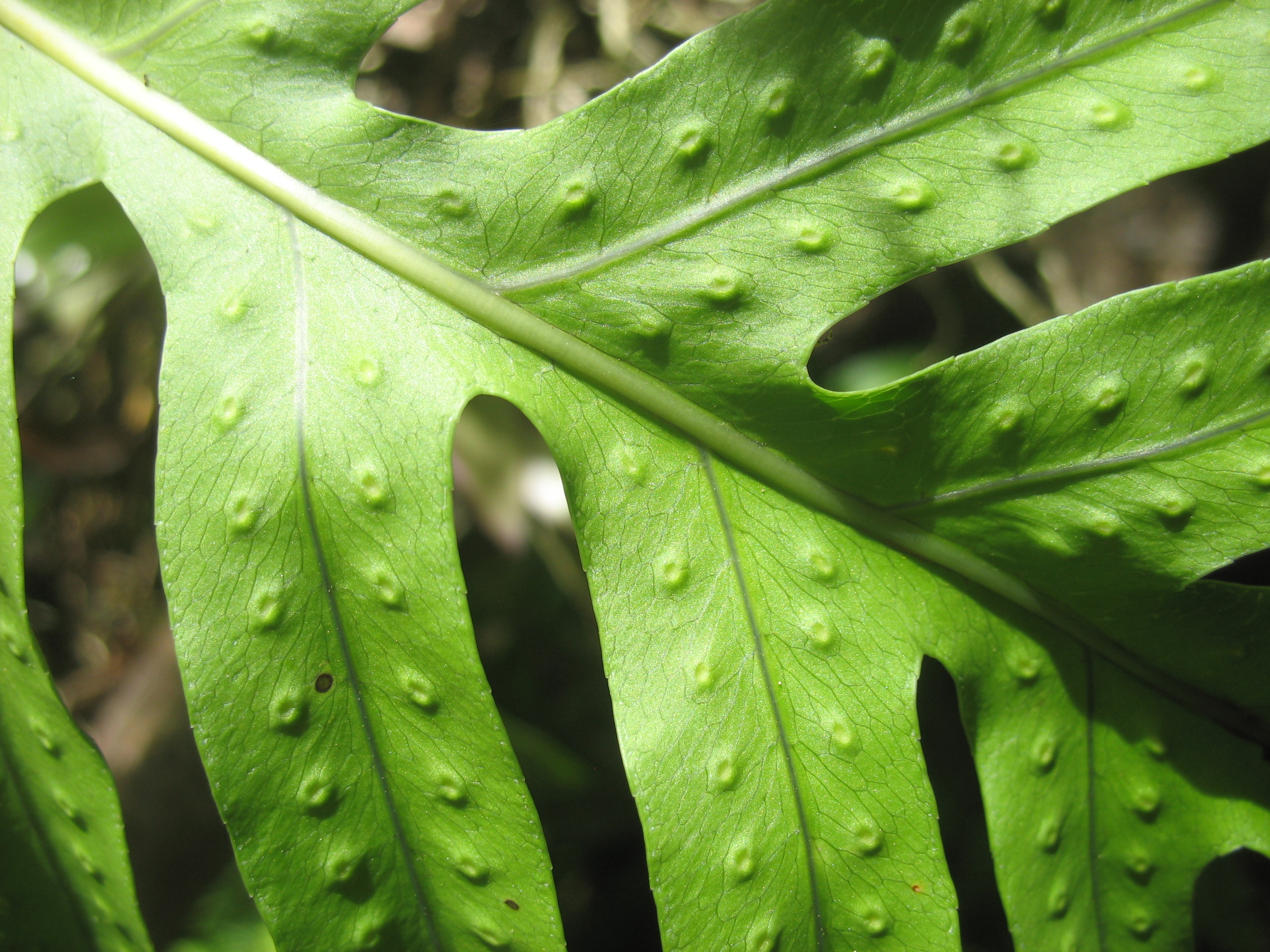Converting waste into bioenergy is a hot topic around the world. Several are the reasons for doing this, ranging from adding value to waste, reducing carbon footprint and air pollutants while producing valuable products like fertilisers and more.
New research unveils the evaluation of the performance on food waste conversion into bioenergy in a decentralised facility, where biological treatment by natural microbes converts food waste into biomass, a process known as anaerobic digestion.
The evaluation not only considers energy efficiency of the entire process but also the removal of organic matter and its conversion into valuable products, that otherwise would end up in the environment.
Results demonstrated that small scale digestion units are technical suitable for biogas production at acceptable level to consider it valuable.
The system could produce its own electricity at an efficiency of up to 0.95% when the yield of methane is 360 litres per kilogram of volatile solids in the food waste fed to the digester, representing a removal of 93% of these solids in the feed stream.
Process stability is normally a problem but in this case high process stability increased thanks to the innovative addiction of an auxiliary storage system.
There were some operation conditions that could compromise the good use of energy to heat up equipment in various stages, the researchers reported*.
*Download from ELSEVIER (last day: 23 Oct 2020). González, R. et al. (2020) ‘Performance evaluation of a small-scale digester for achieving decentralised management of waste’, Waste Management, 118, pp. 99–109. doi: https://doi.org/10.1016/j.wasman.2020.08.020.

